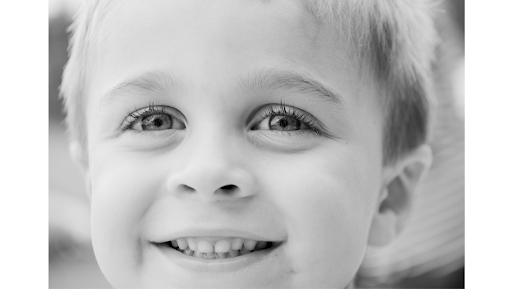How to Teach Your Child Two Languages
"Will speaking two languages at home cause a speech and language delay?"
As an SLP, working in a dual emersion school, I often get asked the question, "Will speaking two languages at home cause a speech and language delay?" or "Will enrolling my child in the dual emersion program cause delays?" The answer is NO. This is a myth. Learning a second language does not cause delays, confusion, or limit their success. There is also no evidence showing that a child who is bilingual is less intelligent. If fact, there are actually many benefits of learning more than one language including learning new words, reading skills, problem solving, occupational advantages, cognitive advantages, and connecting with others.
What to Expect When your Child is Learning More Than One Language:
Research has shown that children who are exposed to two languages from infancy can distinguish between the two languages, the two phonological systems, the two vocabularies, and the two grammars (Mehler et al 2009). However, the rate at which they acquire the languages compared to monolingual speakers is unknown.
Every child is different as they develop but there are some things that you can expect from your child as they learn more than one language.
- Children may mix up the grammar rules between the languages. They may use words from both languages in the same sentences.
- There may be a "silent period" where the child doesn't talk as much. This happens as they start using a second language and may last several months.
- Just like monolingual speakers, most children that speak more than one language will say their first word by the time that they are one years old. By the time that they are two years old they will be able to combine two words into phrases such as "big dog." These phrases can be in one or both languages.
- If the child is learning both languages then they are likely to develop each language slower than a monolingual speaker because their learning is spread across two languages. However, they will still meet developmental milestones.
Children with Speech and Language Problems:
If a child has speech and language difficulties or problems and they are bilingual, the problems will appear in both languages. Speaking more than one language will not CAUSE or WORSEN the actual speech and language problems. There is no scientific evidence showing that a child who has a disorder should be reduced to using one language. Children can continue to learn and use both languages even if they have a disorder.
Ways to Help a Child Learn More Than One Language
There are a couple of ways to help your child learn more than one language. According to the American Speech-Hearing Association, you can do one of the following to help your child become bilingual.
- Use two languages from the start so that the child grows up hearing and speaking both languages.
- Use one language at home and have your child learn the second language later when they start school.
- Give your child chances throughout the day to hear and practice both languages. The quantity, or amount of input that the child hears, will impact the rate at which their language is developed. The more that the child is exposed to a language throughout the day the quicker their language will be developed.
- Speak to your child in the language that you are most proficient in. The quality that a child hears and learns a language in matters. You will want to make sure that they are learning from someone that is highly proficient in each language that they are learning.
- Children need to use the language in order to acquire it. This means that they need to practice using it frequently.
- Research shows that the best time to expose your child to more than one language is best to do during early childhood.
If you are considering teaching your child more than one language then go for it!
Resources:
- Dual Language Exposure and Early Bilingual Development. Journal of Child Language. 2012 Jan; 39(1):1-27.
- Language Differentiation in Early Bilingual Development. Journal of Child Language, Volume 22, Issue 3, October 1995, pp. 611-631
- https://www.sciencedaily.com/releases/2018/08/180823092018.htm
- ASHA.org
- https://www.asha.org/public/speech/development/the-advantages-of-being-bilingual/
- https://www.asha.org/public/speech/development/learning-two-languages/#ways
Additional Resources:
- Bilingual Language Development https://www.youtube.com/watch?v=SNRqJo9niFY
- Myths about Bilingual Children https://www.youtube.com/watch?v=LVYhpCprtzQ
- Can Special Needs Children be Bilingual? https://www.youtube.com/watch?v=vOhWg0YeIMs



Comments
Post a Comment